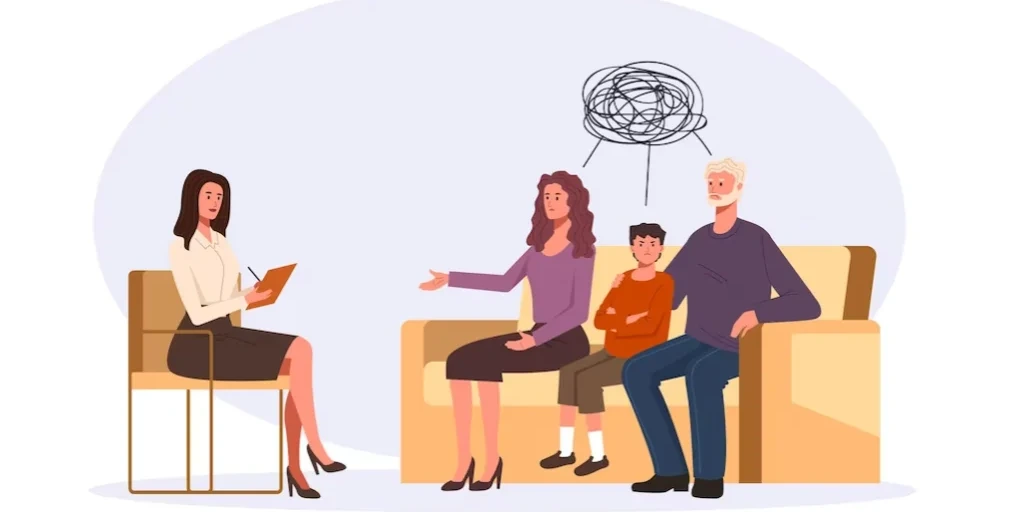24/7 Helpline:
(866) 899-221924/7 Helpline:
(866) 899-2219
Learn more about PTSD Rehab centers in Mitchell County

Other Insurance Options

GEHA

Horizon Healthcare Service

Optum

Lucent

Amerigroup

BHS | Behavioral Health Systems

UMR

PHCS Network

Evernorth

WellPoint

UnitedHealth Group

State Farm

Providence

Ambetter

ComPsych

Premera

Magellan

United Health Care

CareFirst

Carleon


SBZ Services Unlimited
SBZ Services Unlimited is a private rehab located in Camilla, Georgia. SBZ Services Unlimited specia...

































